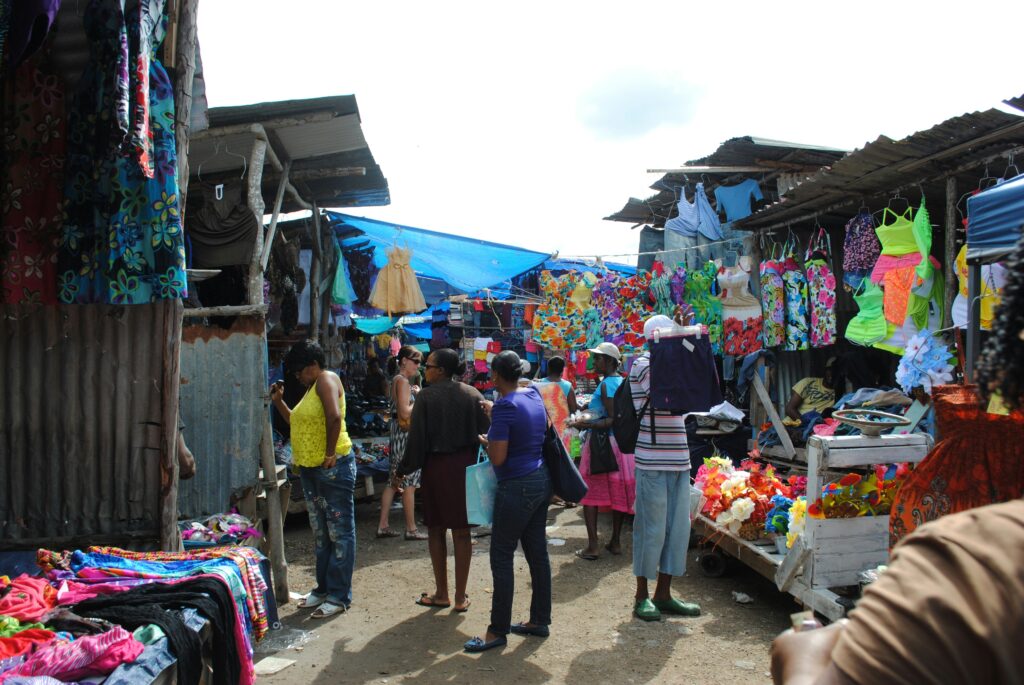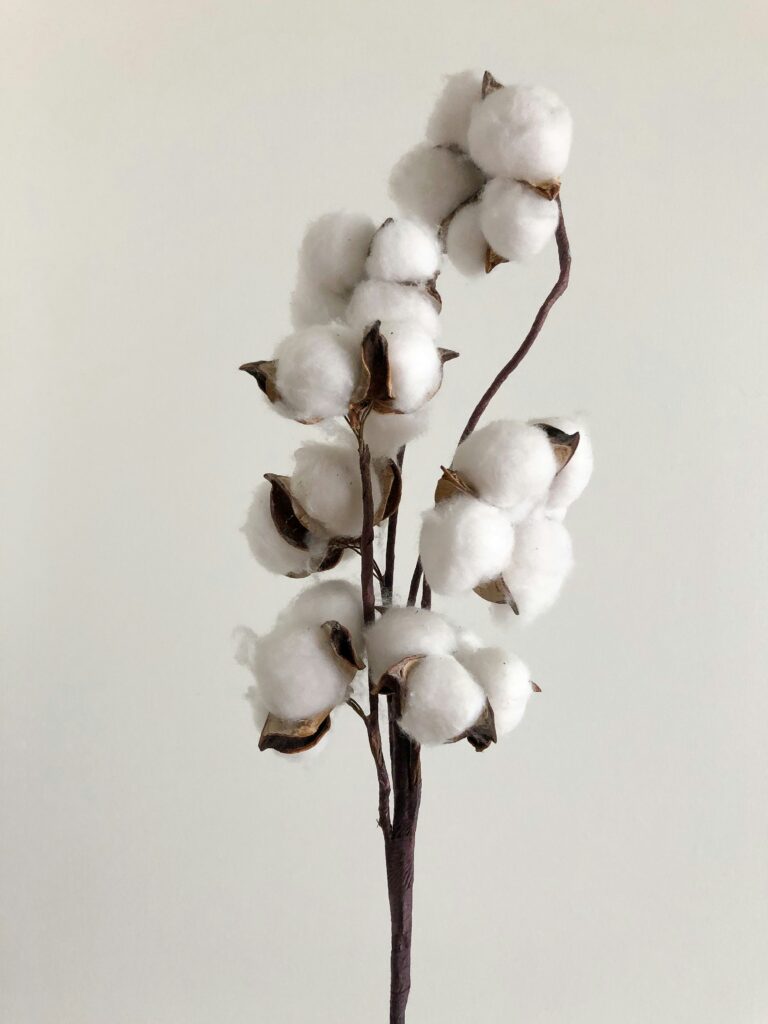In every Kenyan marketplace, from bustling downtown stalls to upscale shopping malls, one phrase appears with striking frequency: “Made in China.” Alongside it, racks of “mitumba” (second-hand clothing) from Western countries dominate our fashion landscape. While this reality has become normalized, it raises an important question: What does this mean for Kenya’s economic independence and cultural identity?

The Current State of Kenya’s Consumer Market
Kenya’s consumer market tells a story of external dependence. Chinese-manufactured goods flood our shelves, chosen primarily for their affordability. Meanwhile, Kenya stands among Africa’s top importers of second-hand clothing, creating a parallel economy that, while providing livelihoods for thousands, represents a deeper systemic challenge.
The Hidden Cost of Cheap Imports
While the immediate appeal of affordable imported goods is undeniable, we must consider the longer-term implications:
1. Economic Impact
– Lost opportunities for local manufacturing growth
– Outflow of currency to foreign markets
– Reduced job creation in domestic industries
2. Cultural Consequences
– Diminished expression of Kenyan creativity and craftsmanship
– Reliance on external design aesthetics
– Loss of traditional manufacturing skills
The Mitumba Paradox
The popularity of second-hand clothing in Kenya presents a complex reality. While it provides affordable fashion options and supports numerous small businesses, it also reflects a troubling dependency. Consider this: Africa occupies 20% of the Earth’s land mass, much of it suitable for cotton cultivation. Yet we rely heavily on discarded clothing from other continents to meet our basic clothing needs.

The Rise of Kenyan Brands
Brands like Fortune Kustoms embody the solution to this dependency. These businesses are more than just commercial ventures — we are champions of Kenyan economic sovereignty and cultural pride. By sourcing materials locally where possible, employing Kenyan workers, and telling authentic Kenyan stories through their products managing effects of mitumba in the Kenyan fashion landscape, these enterprises:
– Source materials locally where possible
– Create employment opportunities for Kenyans
– Tell authentic Kenyan stories through their products
– Build sustainable, long-term economic value
Addressing the Price Challenge
The common argument against local brands centers on price point. Yes, a mitumba T-shirt might cost significantly less than one produced by a Kenyan brand. However, this perspective requires reframing:
1. Long-term Economic Benefits
– Supporting local brands creates jobs
– Keeps money circulating within the Kenyan economy
– Builds industrial capacity and expertise
2. Scale Economics
– As local brands grow, production costs decrease
– Higher sales volumes lead to more competitive pricing
– Investment in technology and efficiency becomes possible
Building a Sustainable Future
Supporting Kenyan brands is not just about patriotism – it’s about building a sustainable economic future. Every purchase from a local brand:
– Invests in Kenyan creativity and innovation
– Supports local job creation
– Contributes to building strong domestic industries
– Helps reduce dependency on imports

Conclusion
The choice to support Kenyan brands transcends simple consumer decisions – it’s an investment in our nation’s future. While the path to a self-reliant Kenyan manufacturing sector may be challenging, every purchase of a locally-made product moves us closer to this goal. As we continue to support brands like Fortune Kustoms and others, we’re not just buying products – we’re buying into a vision of a more economically independent Kenya.
The future of Kenyan manufacturing and design lies in our hands as consumers. By choosing to support local brands, we choose to invest in our own story, our own creativity, and our own economic destiny.